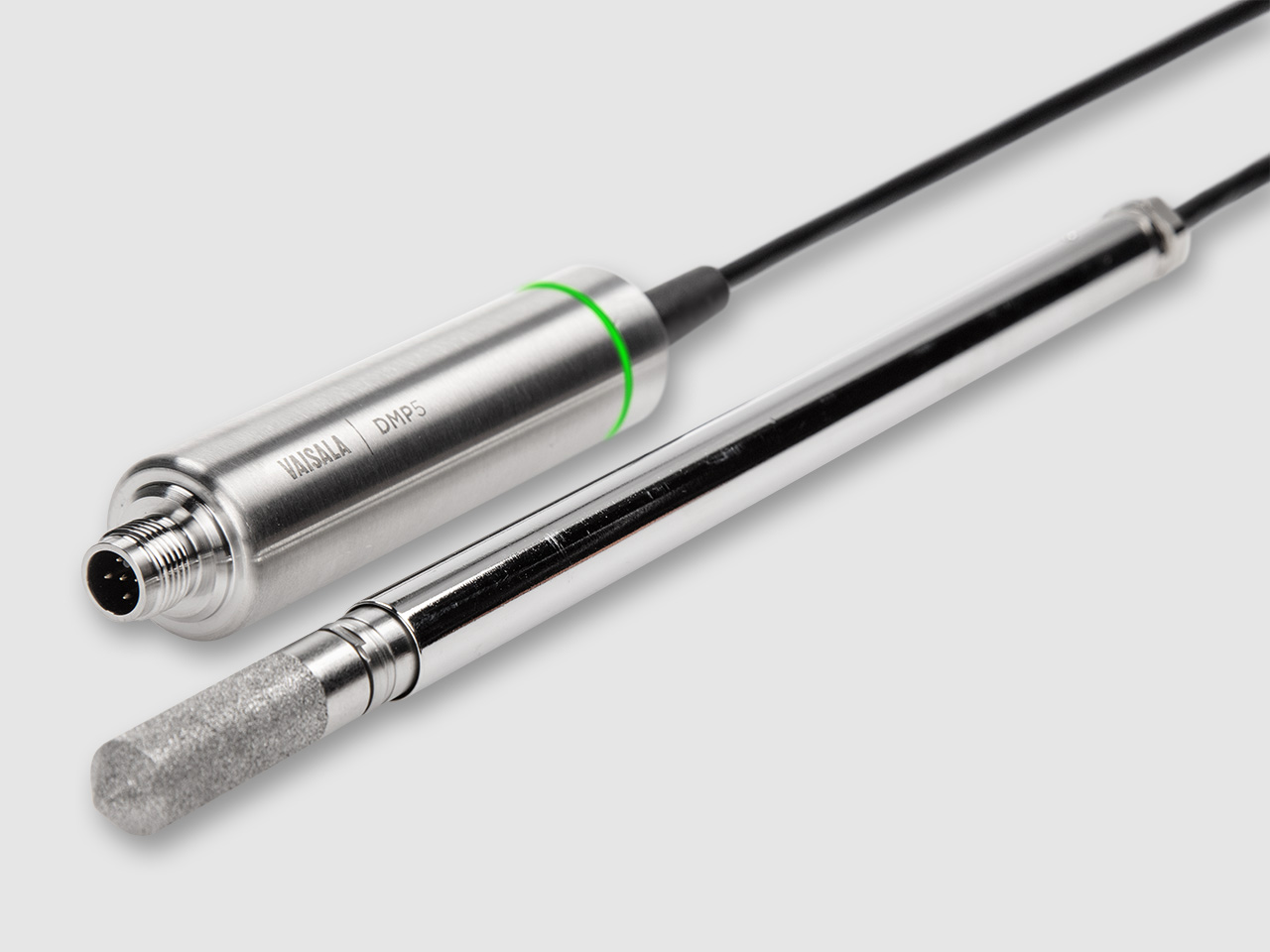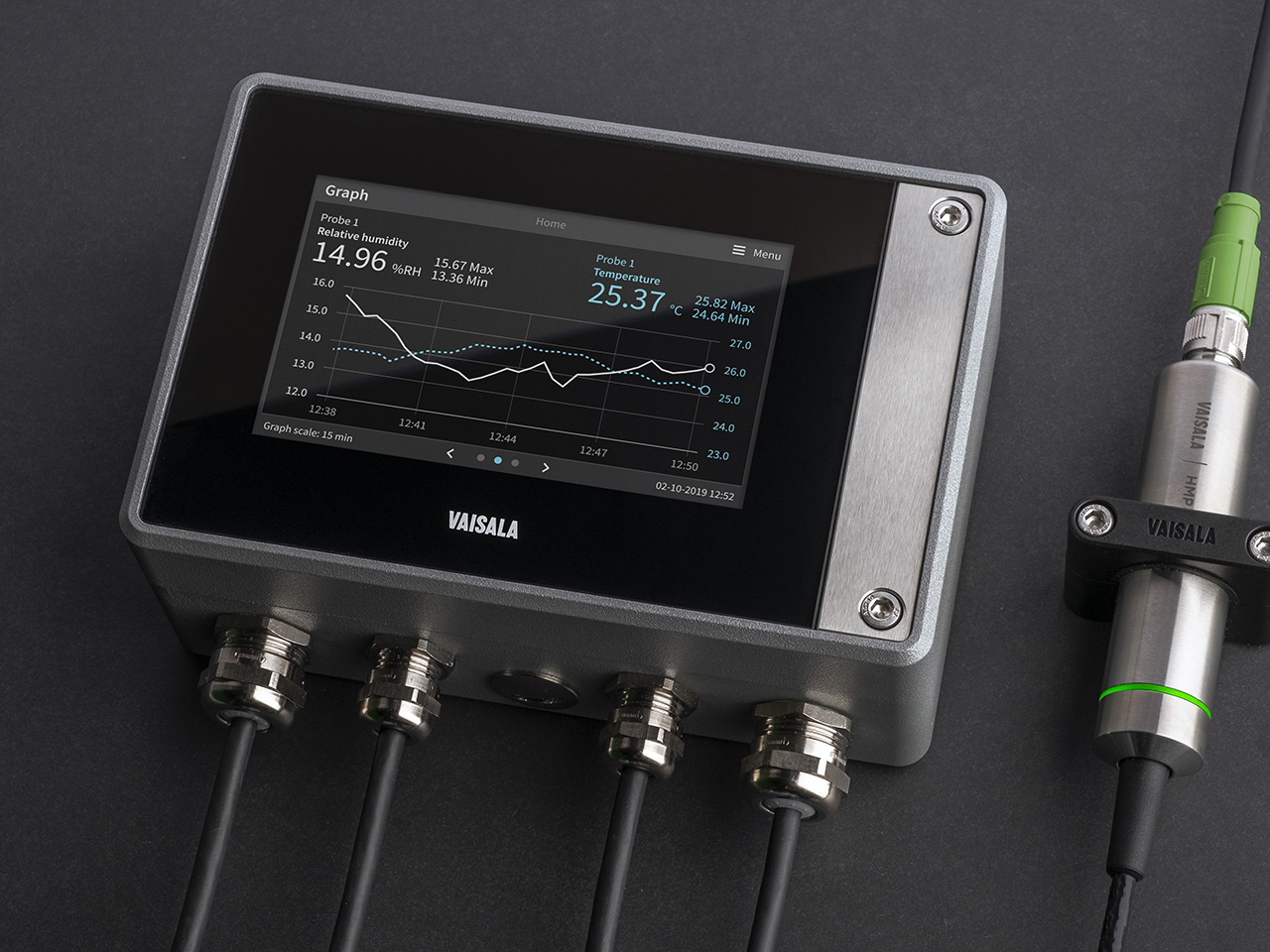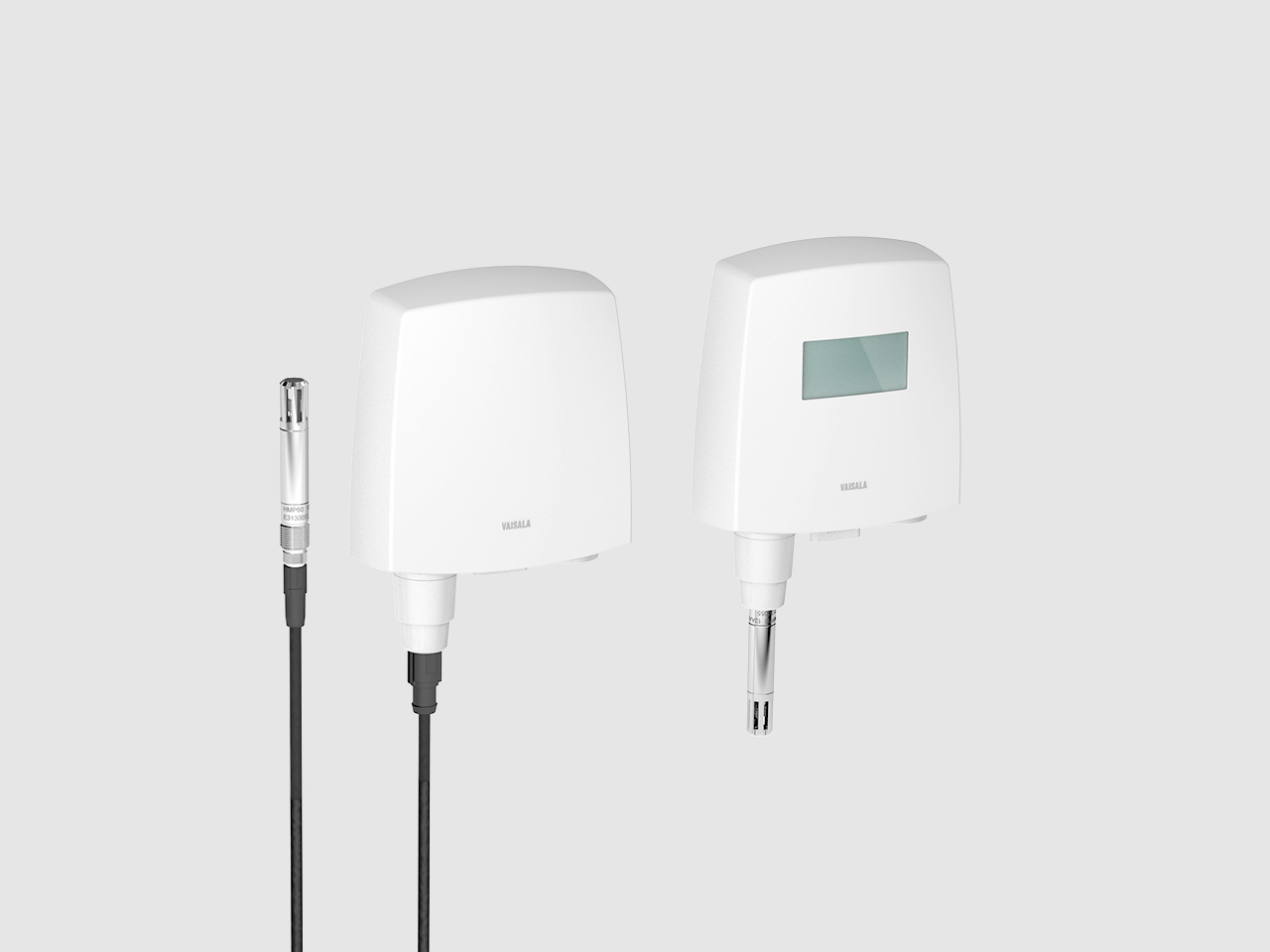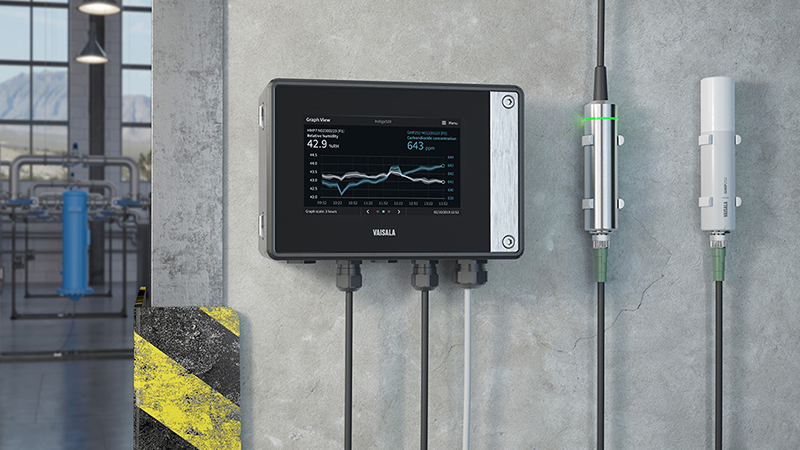New process trebles sausage skin productivity
A team of UK process engineers has developed a technique for manufacturing collagen sausage casings which protects product quality and trebles output. The process relies on precise monitoring of temperature and humidity with Vaisala sensors, combined with multi-stage feedback control.
Advantages of collagen skins
The manufacture of collagen sausage skins from animal hide is a good example of sustainable production because it effectively recycles a potential waste product into a valuable commodity that helps to improve the quality and consistency of sausages. However, all sausage casings are delicate and require precise conditions and careful handling during manufacture, storage and distribution, and throughout the subsequent sausage manufacturing process.
Natural casings from the small intestine of meat animals tend to be variable in length, diameter and thickness, so they are not ideal for high-speed sausage manufacturing processes. In contrast, collagen casings offer reliable, consistent features, and are therefore ideal for fast, efficient processes. Also, collagen casings do not need to be stored in chilled conditions and have a longer shelf-life than traditional casings.
Collagen casings are ready to use straight out of the package, horn loading is quick and easy, and there is no requirement for soaking and untangling of bundles. There are no seasonal variations, and sausages manufactured in collagen casings offer improved cooking coverage which delivers a superior cooked appearance in comparison with sausages in natural casings.
Developing a new collagen manufacturing process
Initially, the sausage skin manufacturer utilized a conveyorized flat sheet collagen dryer, but this incurred a level of friction that could lead to ripping and product wastage. The process was slow and wasteful, so the engineers were challenged to develop a new, less damaging technique for drying and processing the extruded cylindrical collagen cases that are used in sausage manufacture.
Sausage casings have very specific physical characteristics and need to be extremely consistent in their properties, so it was vital that the new process minimizes friction whilst providing optimal levels of temperature and humidity. If humidity is too high or too low, it can negatively impact the quality of the finished product, so it was important for the equipment to be able to respond to ambient conditions, irrespective of their geographical location.
The new processing solution allows the casings to be inflated with hot, dehumidified process air provided by a silica-based desiccant rotor. New equipment was also developed for transporting the inflated gel using an innovative handling system.
The new system employs three precision sensors. A Vaisala humidity transmitter monitors environmental humidity, so that dry air can be recirculated when outside conditions are too humid. In addition, two Vaisala dew point transmitters monitor process air to ensure that the collagen products are maintained in ideal conditions by a multi-stage feedback control system.
The humidity transmitter contains Vaisala’s HUMICAP® technology; a thin-film polymer-based capacitive humidity sensor, which delivers accuracy, reliability, long-term stability and insensitivity to condensation or contamination.
The dew point transmitters incorporate the Vaisala DRYCAP® sensor, which is also designed for accuracy, reliability and stability. The sensor is condensation-resistant and is immune to contamination, however, DRYCAP’s unrivalled performance is based on its capacitive thin-film polymer sensor and an autocalibration function. The sensor also has a rapid response time and quick recovery after getting wet.
Vaisala’s Product Manager Juhani Lehto says: “This engineering team routinely utilizes Vaisala sensors because their food processing equipment is supplied to customers all over the world, operating in a wide variety of environmental conditions. They therefore need sensors that are more than just accurate and reliable in the long-term; they also need to have a low maintenance requirement.”




